Every car I’ve ever owned has lost money - until now.
Thanks to the raft of car scrappage schemes launched recently, my 95,000-mile, Euro 4, 2006-registered Vauxhall Astra 1.6 SXi three-door, owned by me for more than 90 days, has gone from being worth around £500 to as much as £5000 when part-exchanged against a new Hyundai Santa Fe (starting price: £32,545).
As a responsible citizen, I should be tempted. After all, Hyundai and the 22 other car makers that have launched these schemes in the past couple of weeks – Alfa Romeo, Audi, BMW, Citroën, DS, Fiat, Ford, Jeep, Kia, Mazda, Mercedes-Benz, MG, Mini, Nissan, Peugeot, Renault, Seat, Skoda, Suzuki, Toyota, Vauxhall and Volkswagen – say my Astra is among the most polluting cars on the road.
Scrappage schemes: which brands have one?
So what are these new scrappage schemes, how do they work and are they any good? The first thing to say is that they’re not government-sponsored, so there’s a huge variety of approaches, deals and terms and conditions out there. In fact, a few of them (BMW, Hyundai, Mercedes, Mini and Nissan) aren’t scrappage schemes at all, since some or all of the cars they accept in part-exchange are not scrapped. Instead, their deals are discounts, pure and simple, especially since one or two (for example, Nissan) give a part-exchange allowance in addition.

Most insist your old car is Euro 1-
4, registered 
no later than 31 December 2009 (Vauxhall will take any age) and that you’ve owned it for at least 90 days. Some, such as Mercedes and Seat, require you to have owned it for six months. And while some (such as Ford, Hyundai, Kia, Nissan, Renault and Vauxhall) will accept petrol and diesel trade-ins, others (such as the VW Group, the BMW Group and Mercedes) accept only diesels.
Most schemes offer a sliding
 scale of allowances rather than, like Vauxhall, a ‘one size fits all' £2000. It’s a good idea, since £2000 against a £29,000 Mokka X is not as valuable as £2000 against a £12,000 Vauxhall Corsa.
Typically, not all new models attract an allowance and, even where a model does, you may find that certain trims don’t. This suggests that behind the car makers’ environmental argument is a sales one. (During the first seven months of the year, new car sales were 2.2% lower than in the same period last year.)

BMW and Mini dress up their allowances rather better by excluding new models emitting more than 130g/km of CO2. With BMW claiming 80% of its models, and 70% of Minis, emit less than this, there’s a fair chance your chosen model will qualify. Meanwhile, Nissan offers up to £2000 against its approved used Leafs, but make sure you establish the true value of the Nissan Leaf you’re interested in so you can understand if the £2000 being offered is a genuine saving.
Don’t think that scrappage allowances are the cherry on the cake; a little extra over and above all of the other generous sales incentives car makers throw at customers these days. Some schemes, such as Toyota’s and the VW Group’s, exclude other retail offers. That means you could miss out on a bumper PCP deposit contribution or 0% finance.
The best scrappage deals give you everything: a generous scrappage allowance as well as a trade-in allowance and access to existing retail offers such as PCP deposit contributions and low-rate finance. Nissan is one of the few to offer the usual trade-in allowance as well as the scrappage allowance.

If your car is worth more than the £2000 scrappage allowance being offered, consider the merits of the deal. If nothing else is on the table (an extra part-exchange allowance, access to other retail offers), you could be out of pocket, so first establish the trade and private sale values of your trade-in.
Then check online car sellers for rival deals. These businesses are supplied by dealers that are keen to 
shift metal at almost any price. You
 may find their deals easily eclipse any 
scrappage deal, although remember
 that you’ll be offered only trade value 
or less for your part-exchange.
So what’s it like to offer up your 
trusty nail to a dealer, in exchange 
for a scrappage allowance? I visited three to find out. The first one, a Vauxhall dealer, at first claimed the 
scrappage offer had ended before
 checking it still had a month
 to run. He said they’d done loads of
 scrappage deals. (Vauxhall claims
 that, between the current scheme’s
 launch in May and the end of August,
 it scrapped more than 5000 cars, 63%
 of which were from other marques.)

I said I was interested in a new Astra SRi 1.0i Turbo. I was in luck, the salesman said: there was an unregistered one on the forecourt. Its full price was £20,100 but scrappage allowance and 'FDA' brought it down to £15,192.
“What’s FDA?” I asked.
“Finance deposit allowance,” the salesman said. Basically, the deposit contribution if I financed it on a PCP.
“How can I get it for that price if I pay cash?” I asked.
“Finance it on the PCP and then settle it straight away,” he said. “People do it all the time.”
Ford next. The salesman told me they’d sold 17 cars on scrappage since Ford started its scheme a week ago. It was a good one since it was backed by the government, he told me (wrongly).

Ford offers a sliding scale of allowances on most models. The salesman said I could have a Ford Focus 1.0 125PS ST-line with Appearance and Convenience Packs, in metallic black and from stock, for £20,280, after the £4450 scrappage allowance.
“It’s a good deal,” he claimed. “Our maximum discount is £2500 on that model, plus you still get 0% finance.”
Finally, Hyundai. Like Ford, the company offers a sliding scale of allowances, but 2.9% rather than 0% finance. I could have an Hyundai i30 1.0 T-GDi SE Nav for £16,006 after the £4000 scrappage allowance.
“You’re better off doing it this 
way by £1000,” said the salesman. “Without scrappage, your Astra is worth £500. My maximum discount is £2500, which makes £3000 off the price. This way, you get £4000 off.”

When available with other existing retail offers, scrappage is a great idea. However, you need to be clear about the value of your trade-in and check online sellers to see if you can get a better deal without scrappage.
Among the best schemes is Nissan’s, for its scope. It accepts petrol and diesel trade-ins, while scrappage and trade-in allowances are available that can be combined with existing retail offers. However, it finishes at the end of September. Ford, Renault and Hyundai offer handsome allowances and access to existing retail offers and will accept petrol and diesel trade-ins, too.
Related stories:
Scrappage schemes: which brands have one?
Vauxhall Astra review

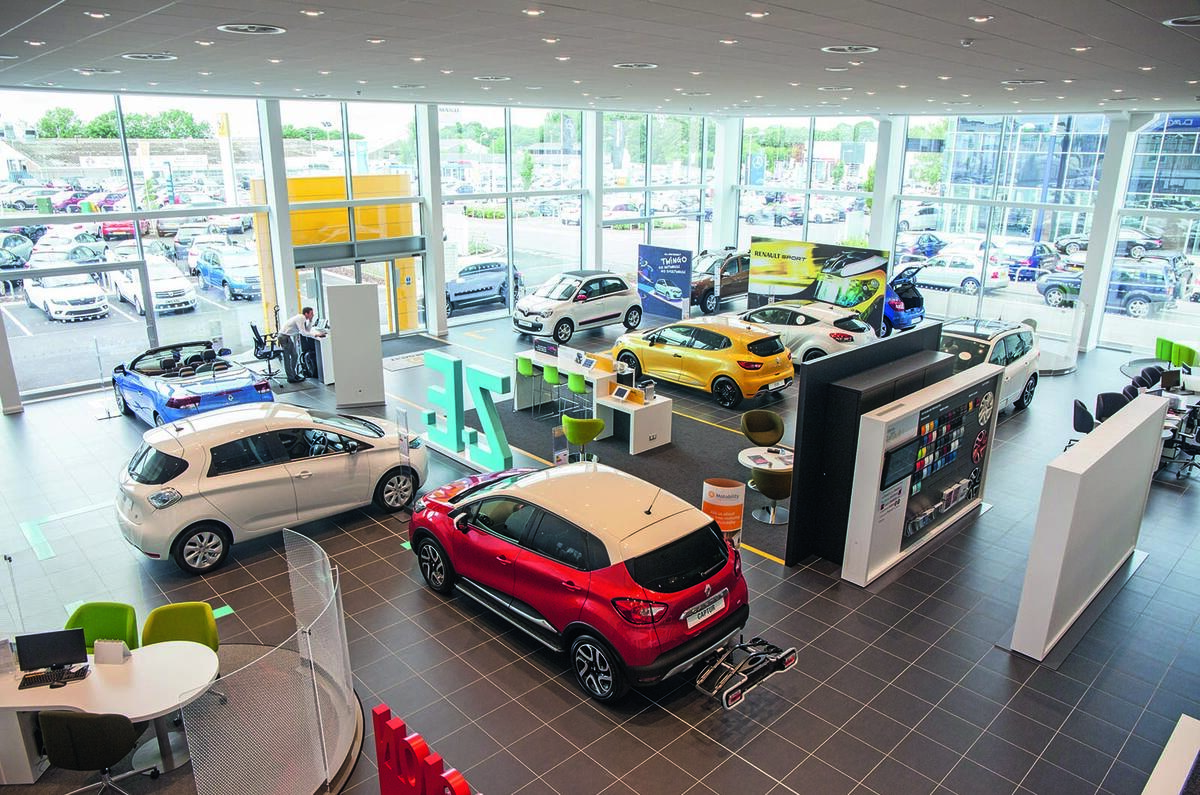
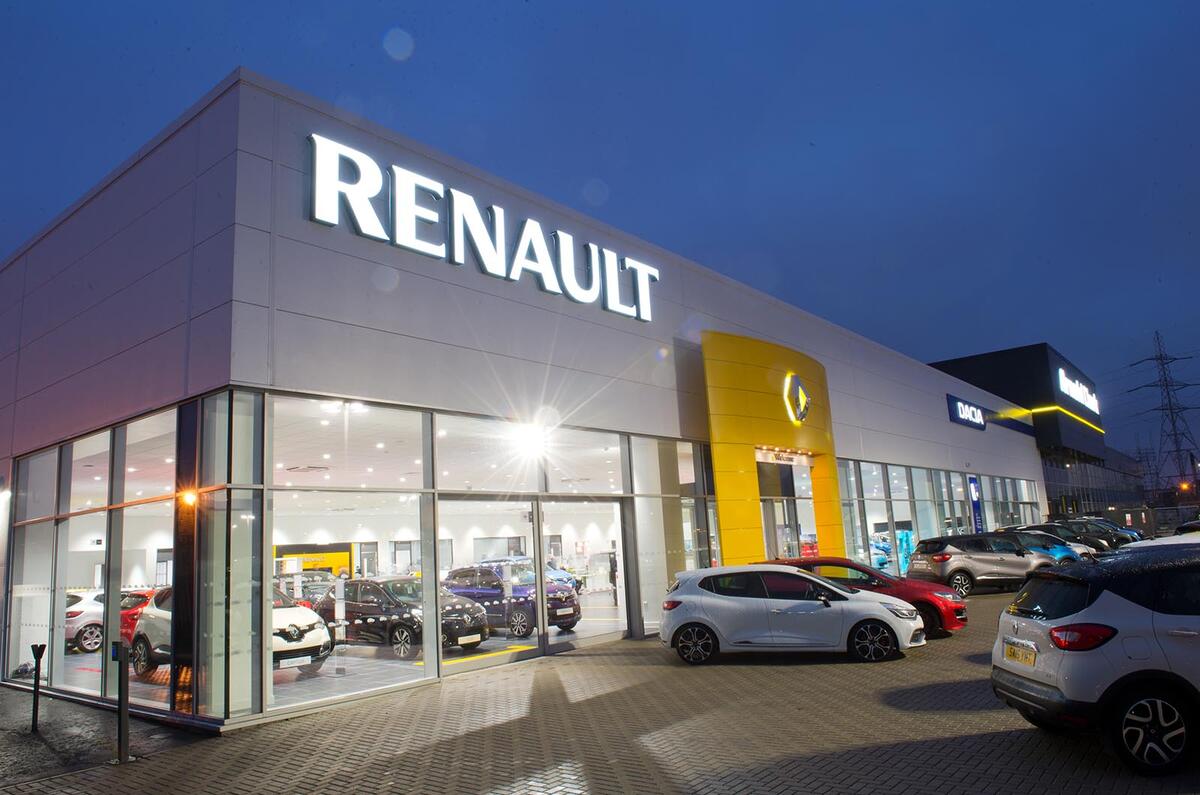
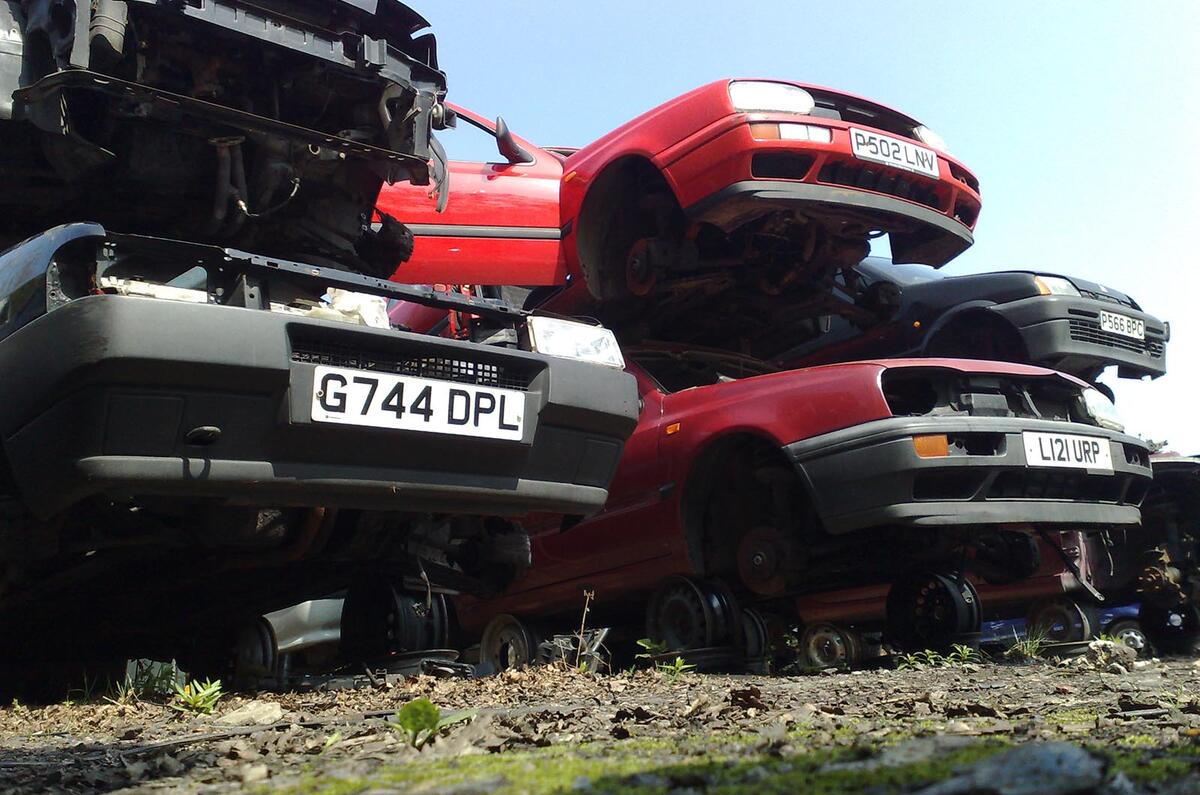
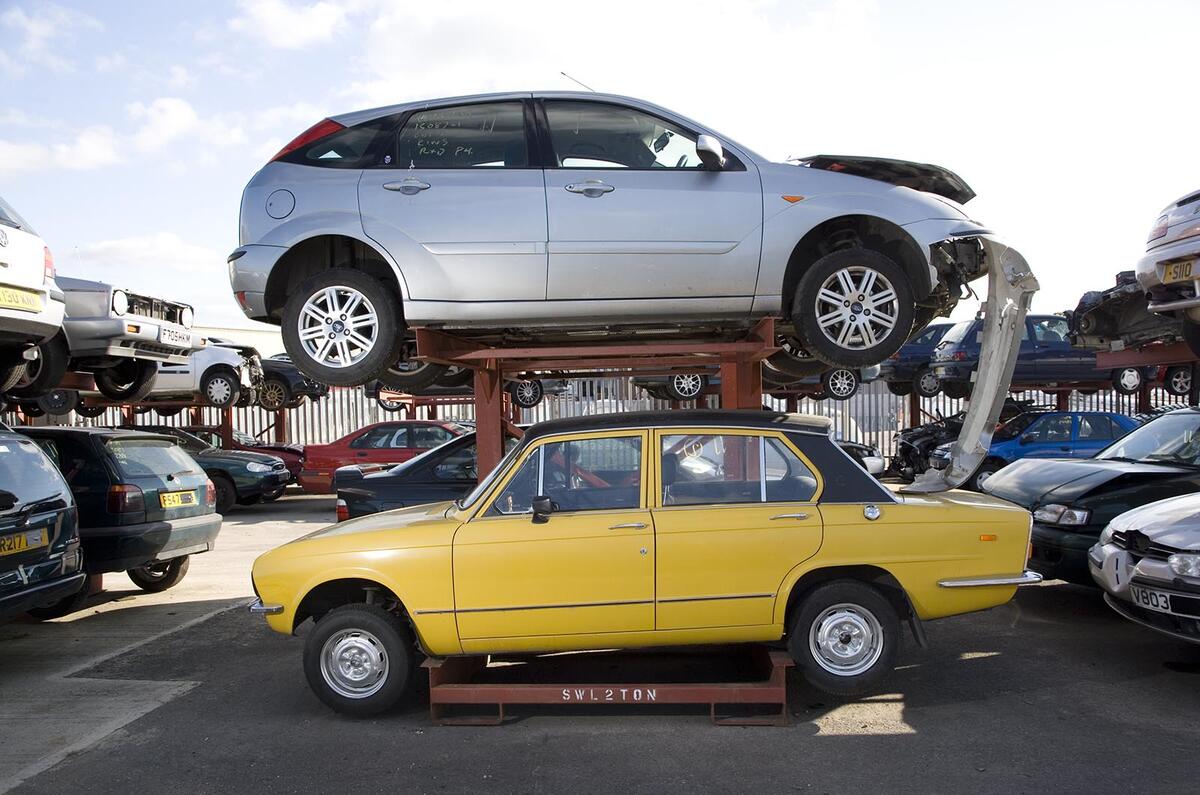
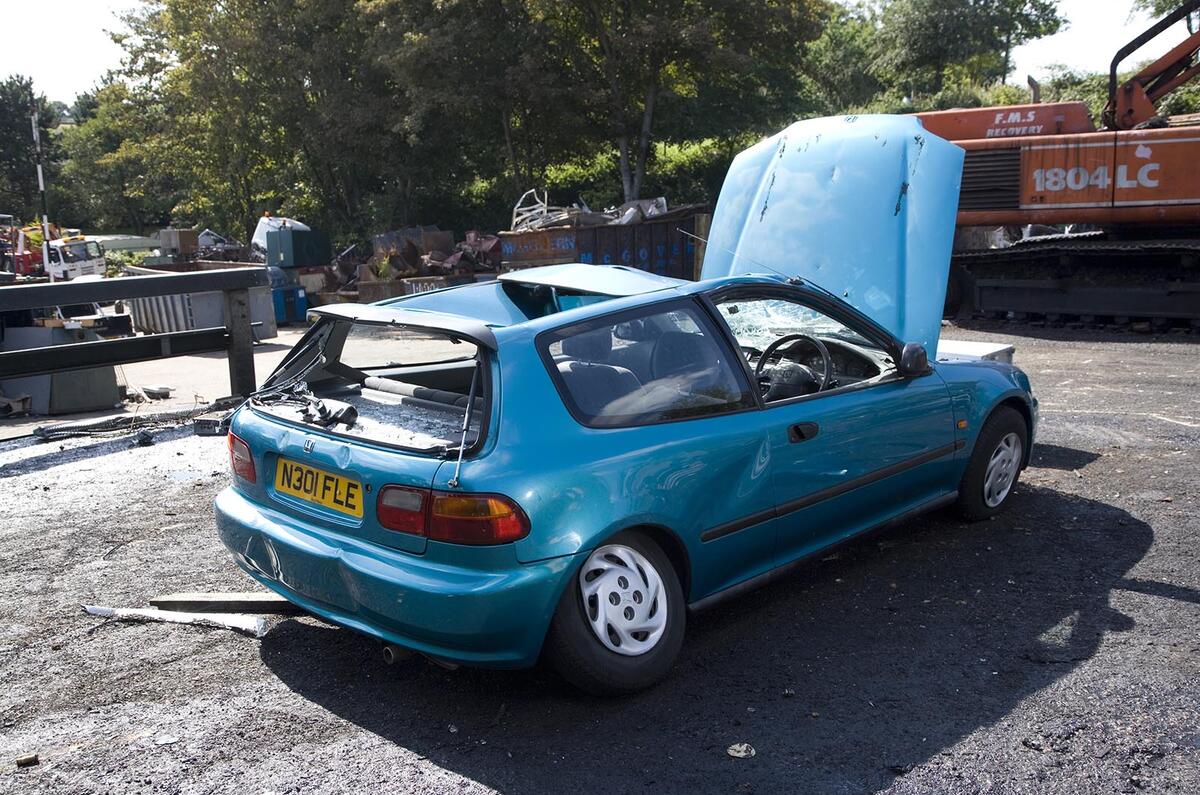
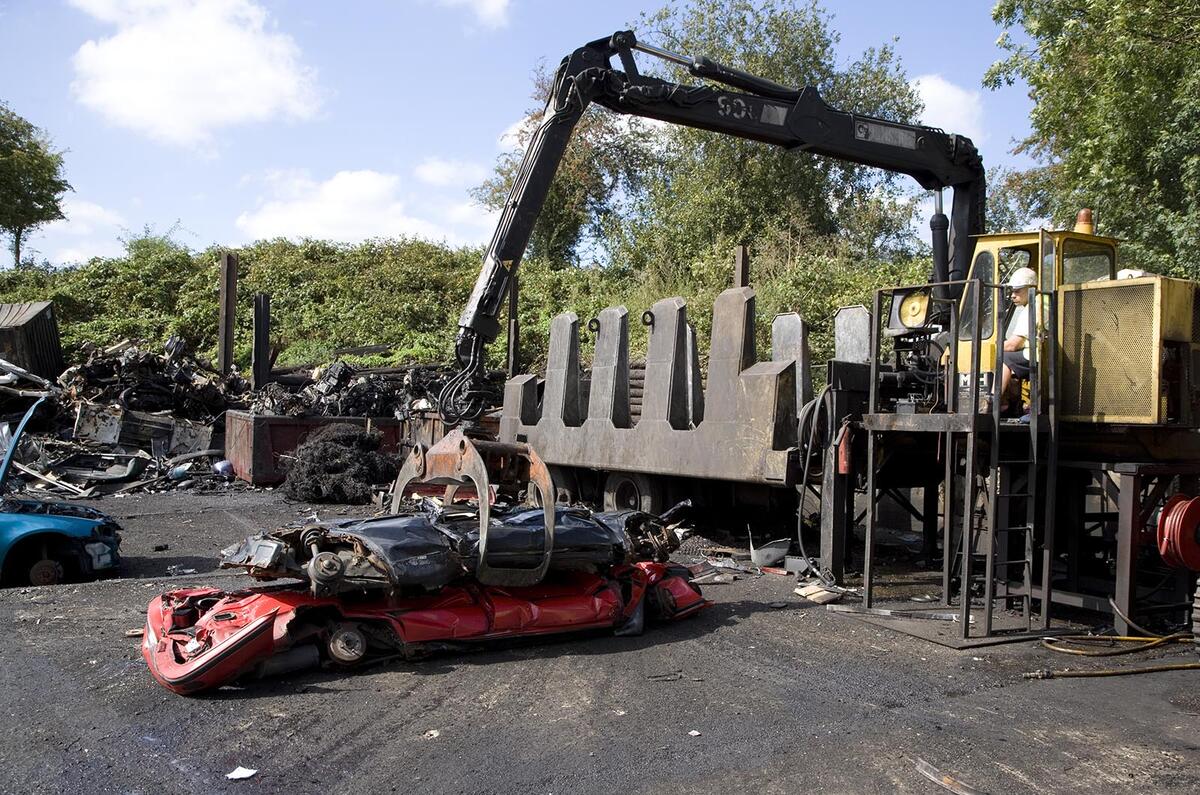
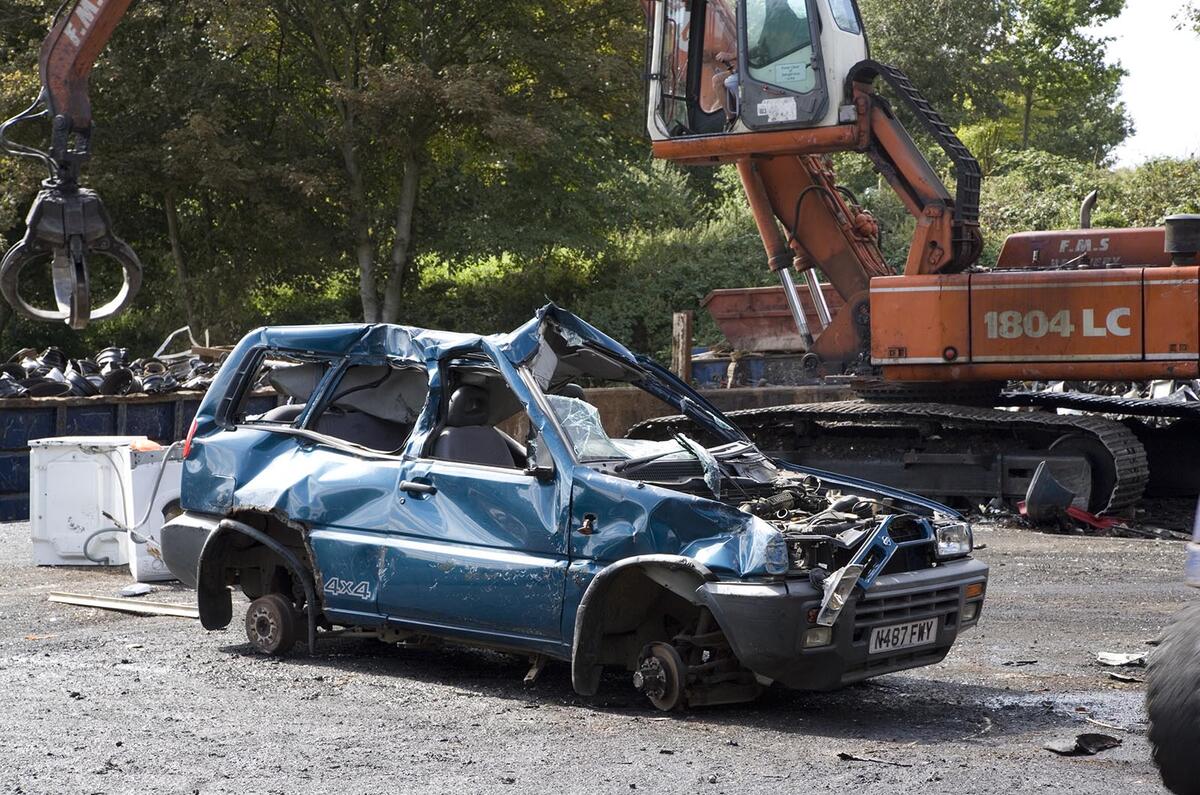
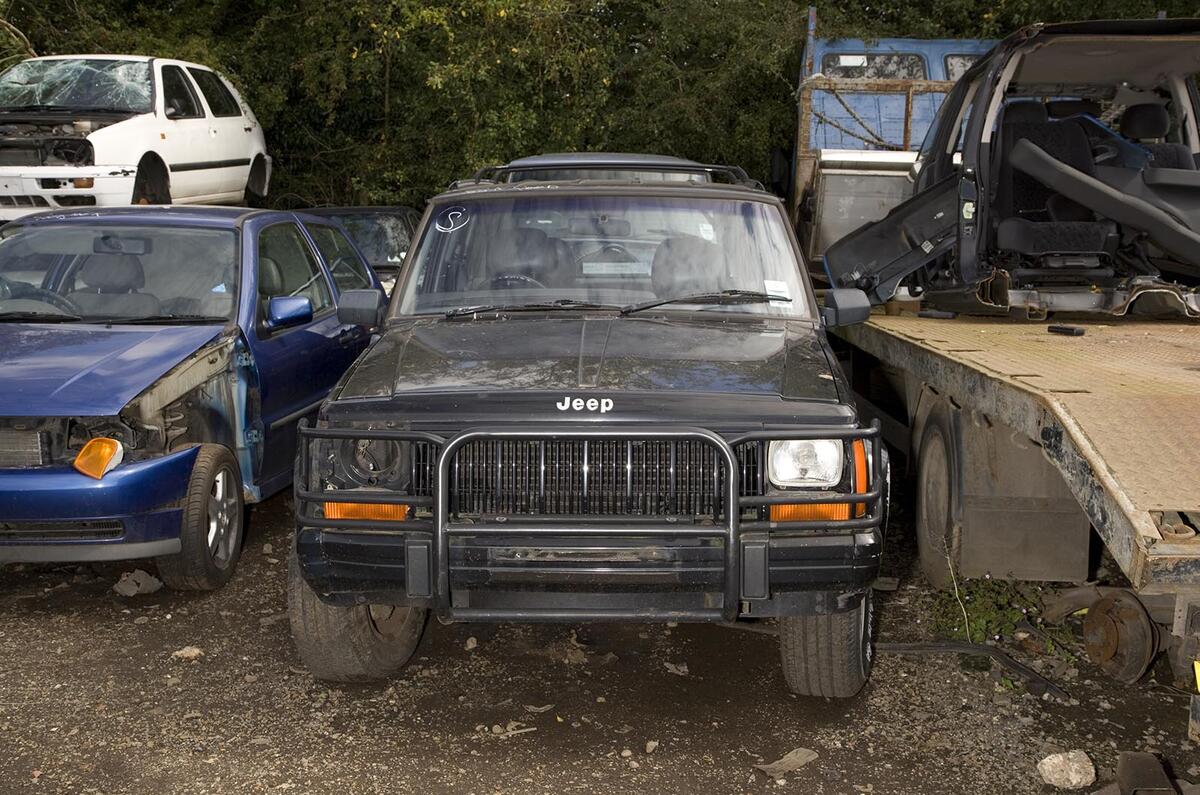
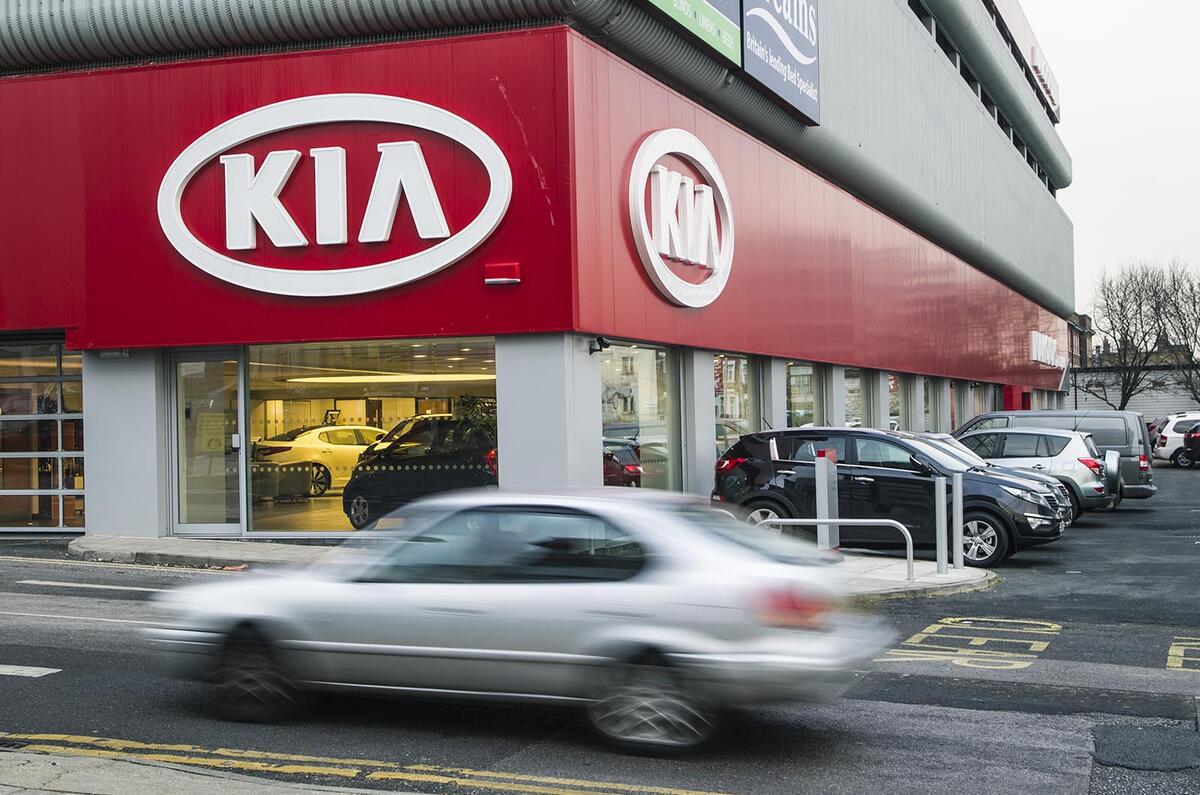
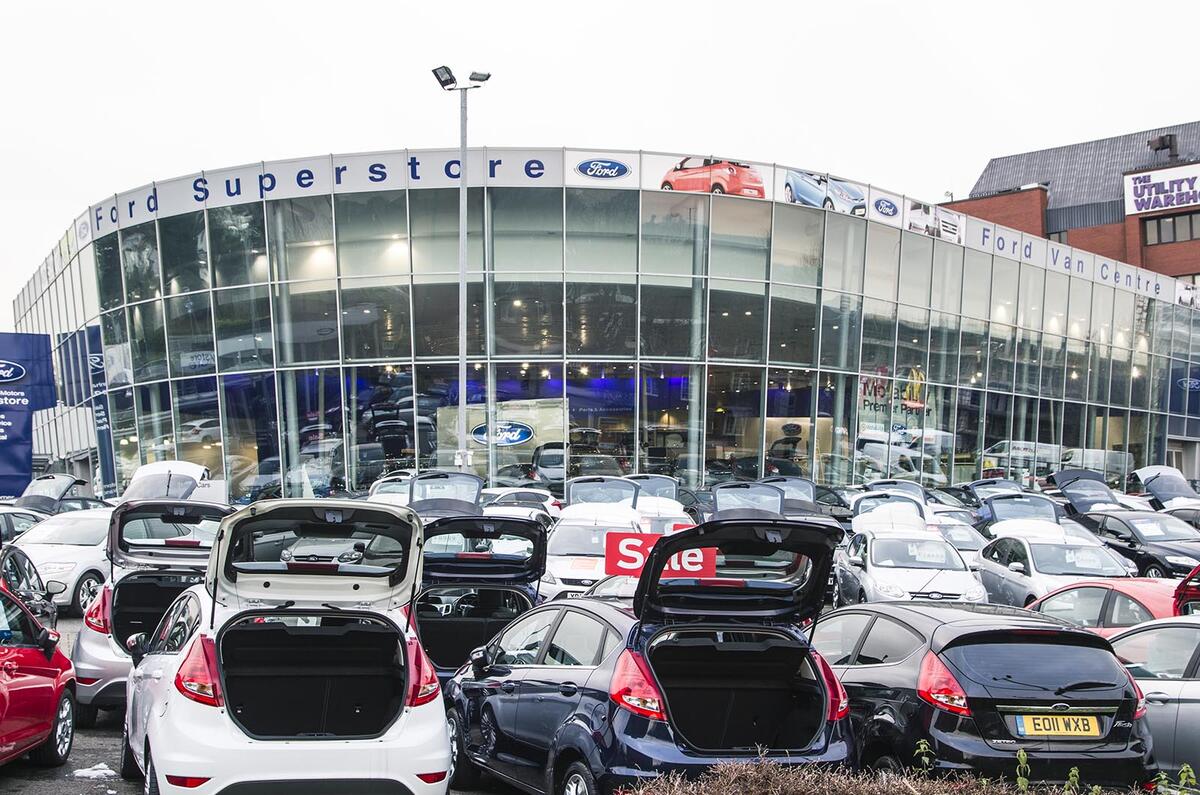
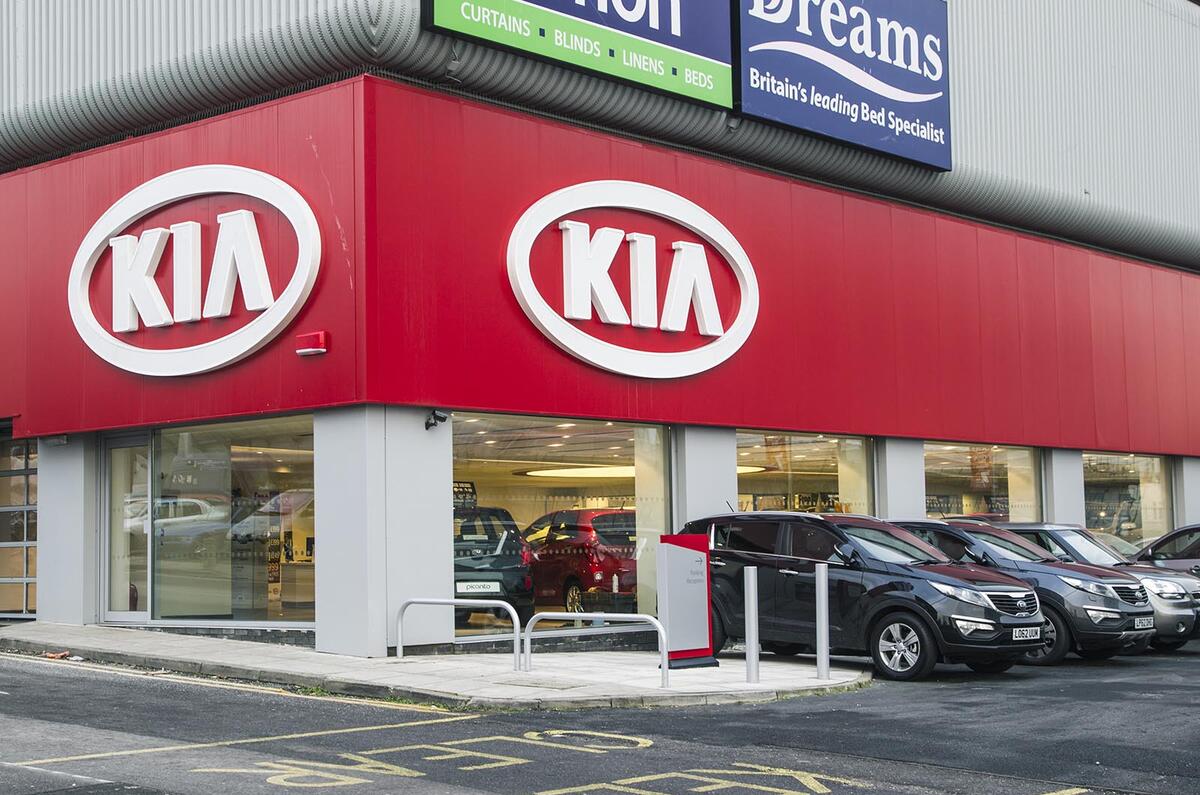
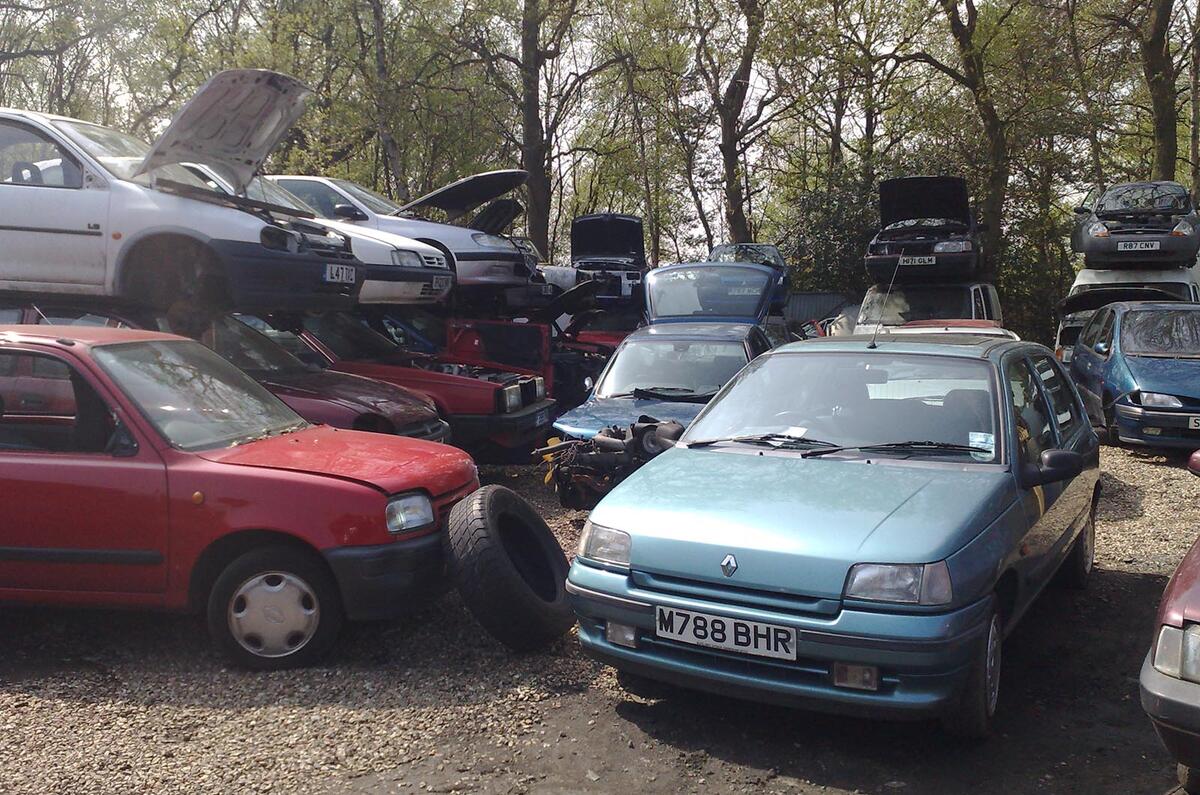
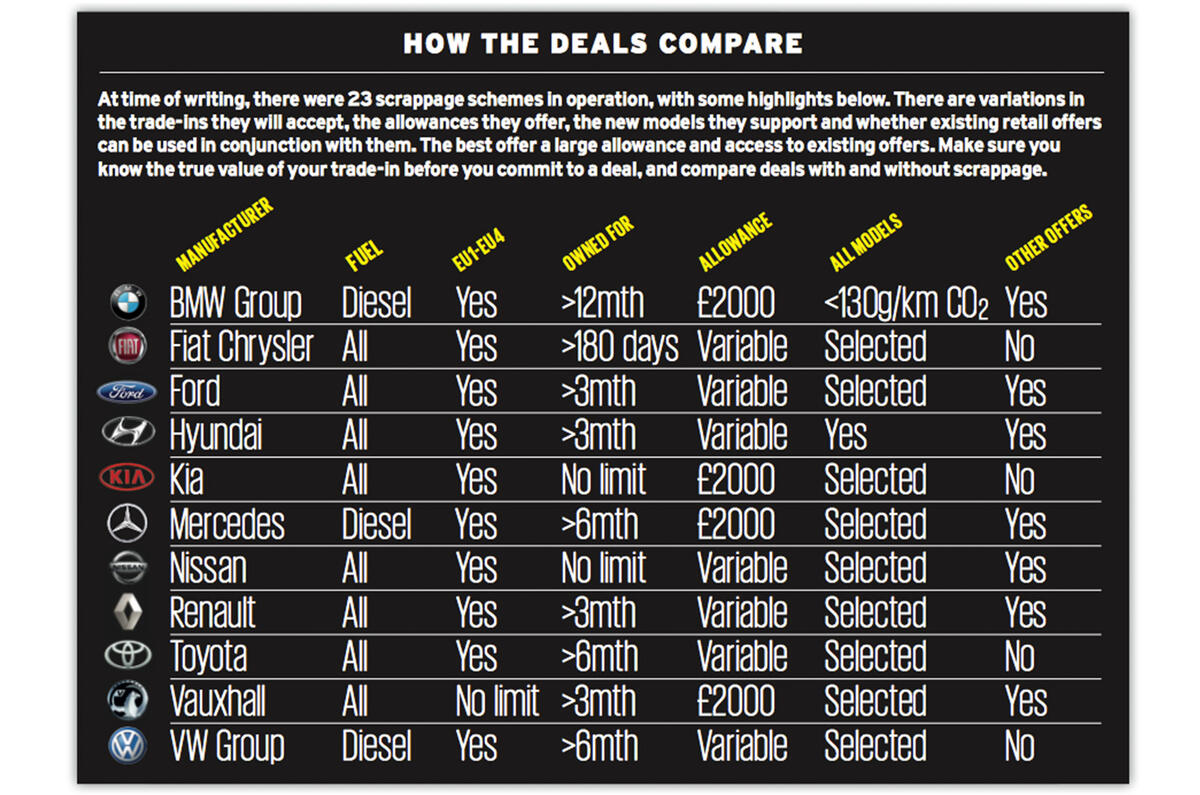










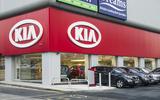

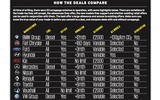


Join the debate
Add your comment
Tyred routine
Scrappage isn't just a con, it's an abhorrent practice. No car has ever been made, and none ever will be, which merits the scrapping of an existing car with useful life remaining. Keeping cars running longer is essential for the prudent management of the planet's resources. Environmentally, where cars are concerned, longevity is the only critical factor.
ICE is nearly over
The UK government has already started the scrappage scheme and it's set to end in 2040. No-one in their right mind should be buying a new car in any case.
Using carwow I have canvassed
Firstly I get the Carwow price, then I ask about scrappage.
Not one dealer will offer a scrappage deal in addition to their own price. The Hyundai dealers aren't interested at all and one even told me I would be worse off using the scrappage discount, as I wouldn't get Hyundai's deposit contribution.
Sadly, it just appears to be marketing spin, rather than any manufacturer subsidy.
You can get quite good discounts at the moment for sure, but I don't think you need an old banger to trade in.
That's strange. I was looking